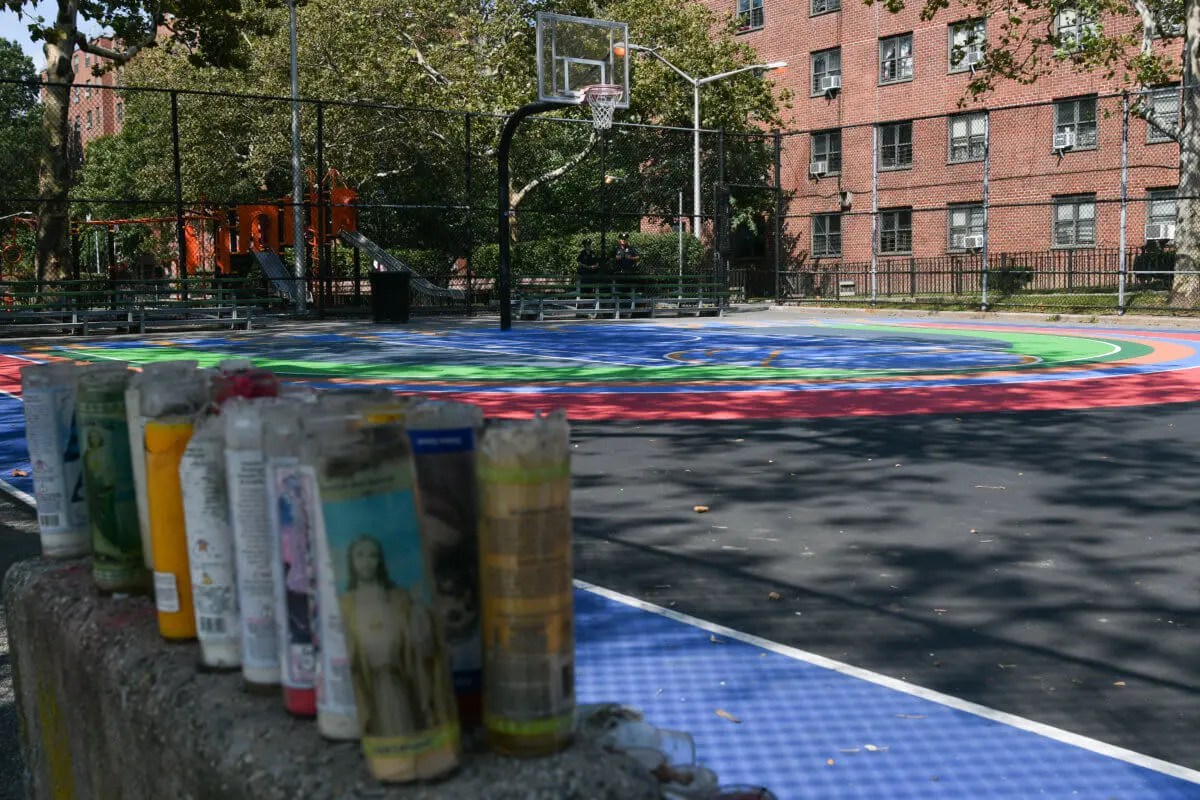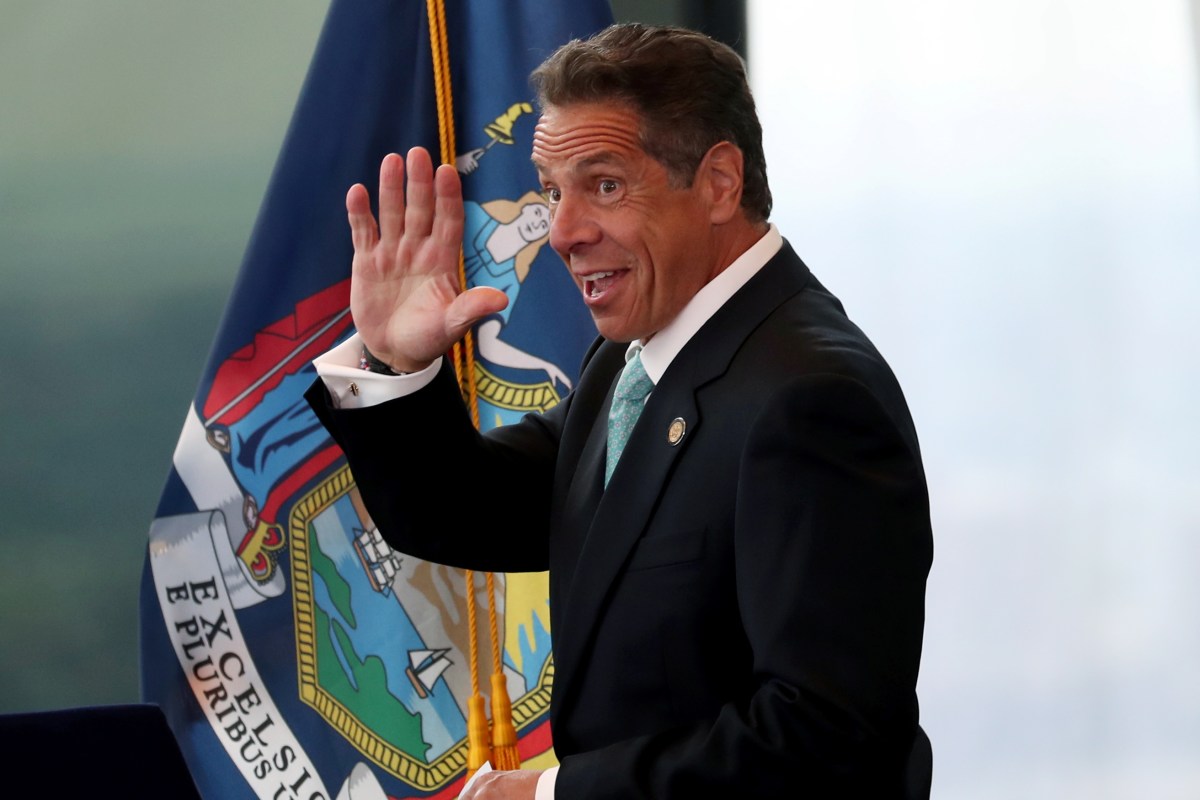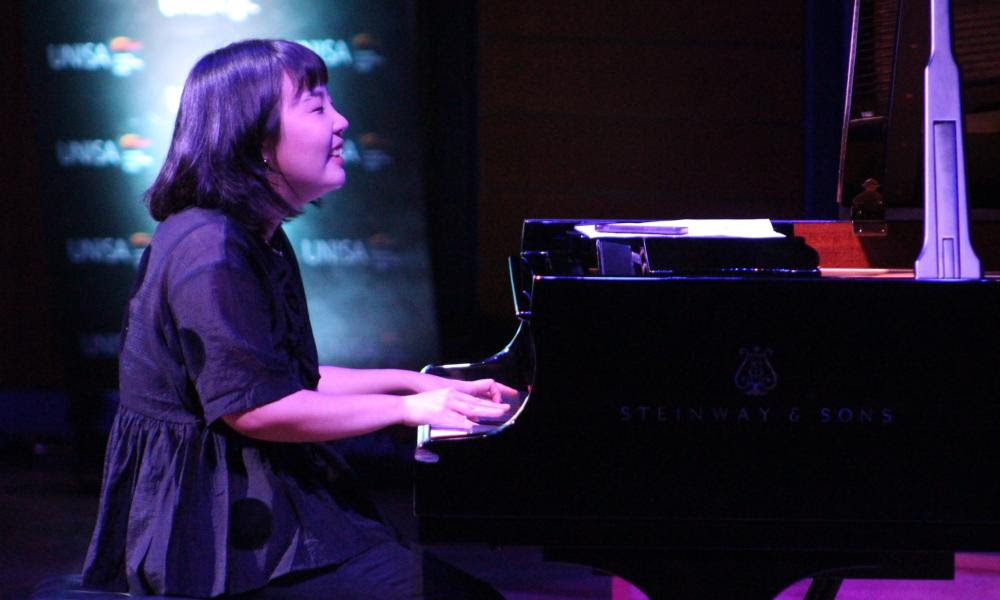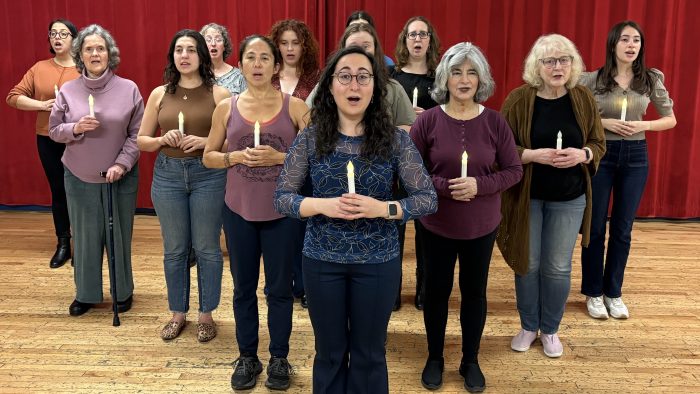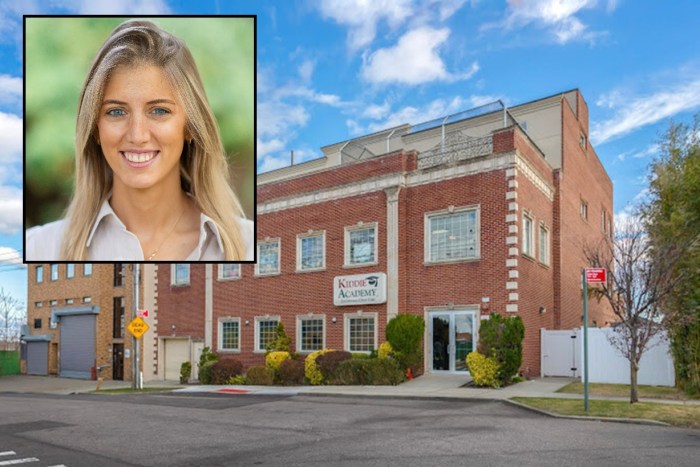BY ALINE REYNOLDS | Former NYC firefighter and 9/11 first responder Jeff Stroehlein was diagnosed on March 18, 2011 with lymphoma of the brain.
In the coming months, Stroehlein, who now receives medical treatment at a cancer center in Suffolk County, Long Island, could be eligible for federally funded cancer care under the James L. Zadroga 9/11 Health and Compensation Act.
Stroehlein, however, won’t believe it until he sees it.
“It’s just talk right now – who knows whatever is coming,” said Stroehlein. “This was 2001 that this all happened. People are still suffering and dying.”
Per the request of Dr. John Howard, the health administrator of the Zadroga Act, the Scientific and Technical Advisory Committee has decided to recommend including approximately 30 cancers that likely correlate with Ground Zero exposure, including cancer of the lung, stomach, mouth and thyroid. Cancer patients and elected officials, however, are anxious to find out exactly when the cancers would be added to the bill, and when those who are sick could expect to start receiving treatment at the World Trade Center Centers of Excellence.
On Mon., April 2, the S.T.A.C. sent its recommendation to Howard, who has until early June to decide which cancers are worthy of federally funded medical care at the World Trade Center Centers of Excellence.
Once Howard makes his decision, the federal Center for Disease Control and Prevention will open the proposal for public comment.
“Once that is done, we look at the comments and decide if we still want to move forward with rule-making,” said C.D.C. Spokesperson Christina Spring. “If we do, then we enter the federal rule making process, which can take several months.”
Spring continued, “Once that process is complete and a new condition is added to the list, the program will still need to certify that an individual’s cancer is associated with their exposures.”
In a March 30 letter to U.S. Department of Health and Human Services Secretary Kathleen Sebelius, Carolyn Maloney, Jerrold Nadler and other members of Congress requested to meet with Howard to discuss the next steps.
Howard’s determination about adding cancer to the bill could also have an impact on which 9/11 survivors are eligible for financial paybacks through the Zadroga Act’s Victim Compensation Fund, the politicians noted.
“This is solid progress for all those sick and struggling with care,” said the Congress Members of the S.T.A.C.’s recommendation.
The S.T.A.C. chose the 30 or so cancers based on approximately 70 known and potential carcinogens found in the dust, smoke and other contaminants identified at the World Trade Center. While the committee continues to acknowledge evidential gaps for tracing any particular cancer to Ground Zero exposure, members relied on the available data to draw conclusions, she said.
“All of these decisions were tough,” said S.T.A.C. Chair Elizabeth Ward. “But I think in general, people felt there was substantial enough evidence to list those cancers.”
While providing treatment to the eligible cancer patients could take several months, it might be years until other forms of cancer seen in 9/11 first responders are added to the Zadroga Act.
During a teleconference last week, the committee voted against adding brain, pancreatic and prostate cancer to the 9/11 health bill.
The scientific ambiguities in identifying a link between cancer and Ground Zero toxins are precisely why W.T.C. survivors’ representative Kimberly Flynn and a few other S.T.A.C. members were inclined to recommend that all cancers be added to the 9/11 Health Bill.
“We will never have the kind of narrative that we would need to come to some kind of detailed judgment about all the substances to which people were exposed,” said Flynn. “I’m wondering if a truer path wouldn’t be to presume all cancers are linked, unless there’s definitive evidence demonstrating that a given cancer should not be linked.”
But several committee members including William Rom, director of environmental medicine at New York University’s School of Medicine, said that recommending all cancers would be overreaching.
Only five percent of all cancers is associated with occupational and environmental exposures, Rom noted.
“We need to try to make this scientifically rational,” said Rom. “If we think all cancer is caused [by Ground Zero exposure], then every other disease should be causal.”
The committee ultimately decided to include breast cancer, citing evidence of polychlorinated biphenyl (P.C.B.) exposures to W.T.C. responders and survivors based on air and window film samples.
Other cancers that they felt weren’t sufficiently backed – or backed at all – by scientific rationale, were left out of the committee’s recommendation.
“Nobody presented data for the brain,” said committee member Julia Quint, a retired toxicologist from the California Department of Public Health.
The choice, Quint said, was nevertheless a difficult one.
“Just because we don’t have the data, doesn’t mean [there isn’t a link],” she said. “I think we were as liberal as the science would let us be.”
The committee’s decision about brain cancer offered little solace to Jacques Capsouto, the brother of former Community Board 1 member Albert Capsouto, who in early 2010 died just nine weeks after being diagnosed with a malignant brain tumor. Together, the brothers ran Capsouto Freres, a restaurant in North Tribeca, which became a haven for youths and other 9/11 survivors in the months following the Sept. 11 attacks.
“He used to spend all his time going by bicycle to Ground Zero,” said Capsouto, tearing up. “He deteriorated so fast, we didn’t even have time to communicate.”
Stuyvesant High School graduate Lila Nordstrom, who leads Stuy Health, the school’s 9/11 advocacy group, knows at least six former classmates who have come down with cancer, including cases of lymphoma, leukemia and thyroid cancer.
“Environmental studies showed that levels of particulate matter outside Stuyvesant were often higher than they were at Ground Zero,” said Nordstrom, noting that the garbage barge used to hold the debris neighbored the Tribeca school.
Many of the Stuyvesant alumni, including Nordstrom herself, have been denied medical care due to 9/11 pre-existing conditions, or are uninsured altogether, she said.
“It’s really important that we have somewhere to go where we can get treated for these conditions,” said Nordstrom.



